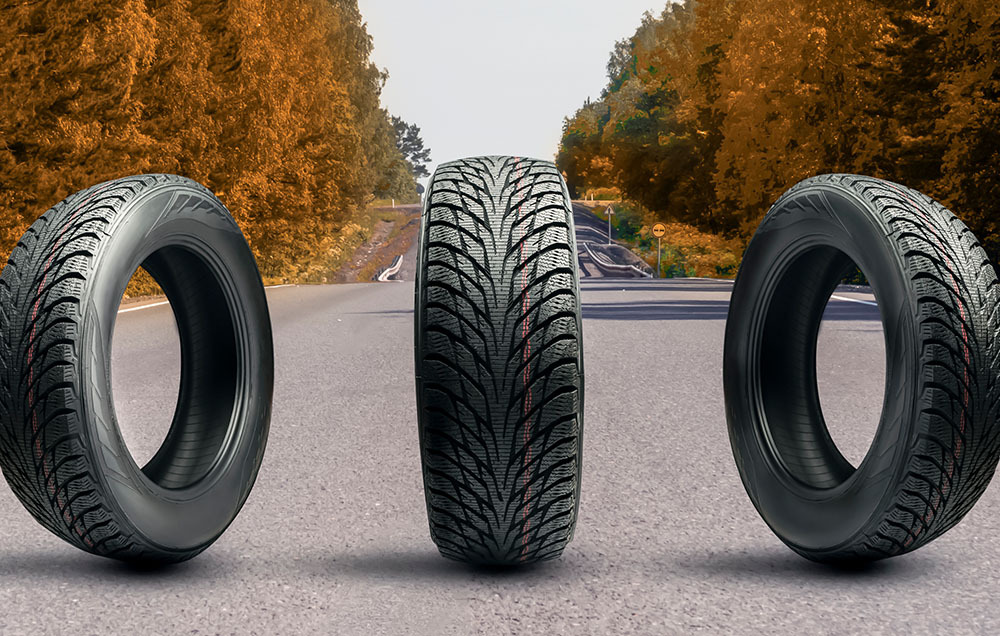TIRE TIPS

ARE ALL-SEASON TIRES, WINTER TIRES?
When it comes to winter driving and facing snowy and icy roads, every driver must choose the right set of tires. There are two main options to consider: all-season tires and winter tires (often referred to as snow tires). However, the question that often arises is whether all-season tires can truly replace winter tires in harsh winter conditions. In this article, we will explore the characteristics of all-season tires and winter tires, comparing their performance in various weather conditions and discussing whether all-season tires can effectively serve as winter tires.
All-Season Tires: Versatility for Moderate Conditions
All-season tires are designed to provide a balance between performance in various weather conditions. They are built to handle a wide range of temperatures and road conditions, making them a popular choice for drivers who want a set of tires that can perform reasonably well throughout the year. These tires feature a tread pattern that is suitable for wet and dry roads, and they typically offer good traction in light snow.
However, all-season tires are not specifically engineered for the extreme challenges posed by winter driving. While they may suffice in regions with milder winter weather, they may fall short in areas where heavy snowfall, ice, and freezing temperatures are common.
Winter Tires: Engineered for Harsh Conditions
Winter tires, on the other hand, are designed with a specific focus on cold weather and slippery surfaces. They are constructed using a softer rubber compound that remains pliable in low temperatures, providing a better grip on icy and snowy roads. Moreover, winter tires feature a unique tread pattern with deeper grooves and sipes that enhance traction and channel away slush and snow. These characteristics make winter tires the ideal choice for extreme winter driving conditions.
Performance Comparison
To determine whether all-season tires can serve as winter tires, we must assess their performance in different weather conditions:
Snow and Ice: Winter tires outperform all-season tires in snowy and icy conditions. The softer rubber compound and specialized tread pattern of winter tires provide superior grip, ensuring better control and shorter stopping distances on slippery surfaces.
Temperature: Winter tires maintain their flexibility in cold temperatures, while all-season tires tend to harden, leading to reduced traction. This temperature-dependent difference is especially critical in sub-zero conditions.
Wet and Dry Roads: All-season tires perform well on wet and dry roads, but they do not match the braking and handling capabilities of winter tires in snowy conditions.
Tread Wear: Winter tires wear out more quickly on dry, warm roads due to their softer rubber compound. This is why it’s recommended to use them only during the winter months and switch to all-season tires when the weather warms up.
In summary, while all-season tires offer versatility and convenience for year-round driving, they are not a suitable replacement for dedicated winter tires in severe winter conditions. Winter tires are specifically engineered to excel in snow, ice, and cold temperatures, providing a higher level of safety and performance when it matters most.
For those who live in regions with harsh winter weather, investing in a set of winter tires is a prudent choice. Many drivers opt for two sets of tires, switching between all-season and winter tires as the seasons change. This not only ensures safety but also extends the lifespan of both sets of tires.

